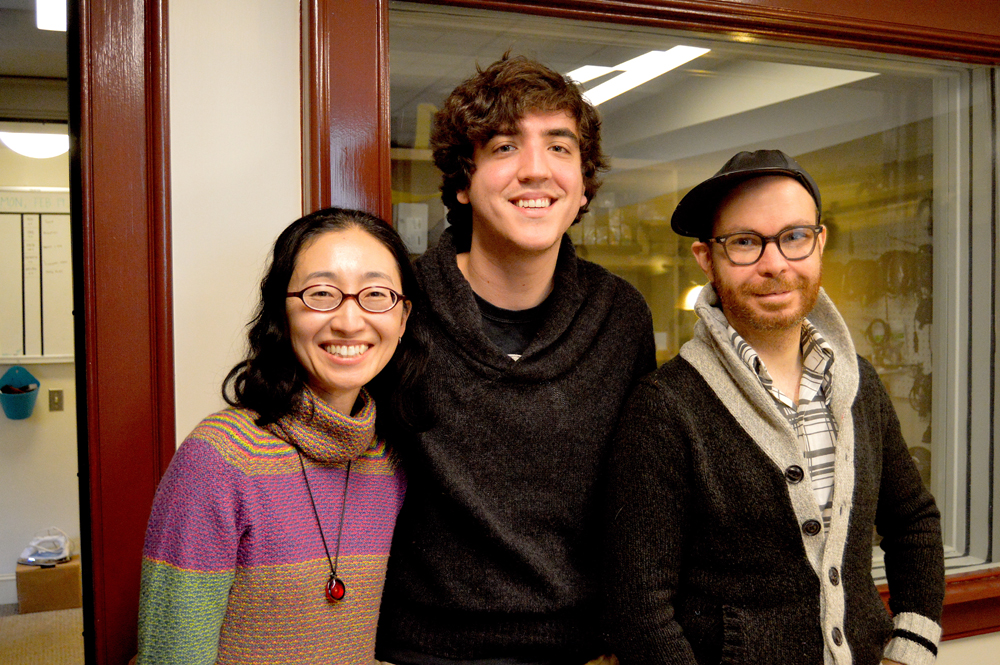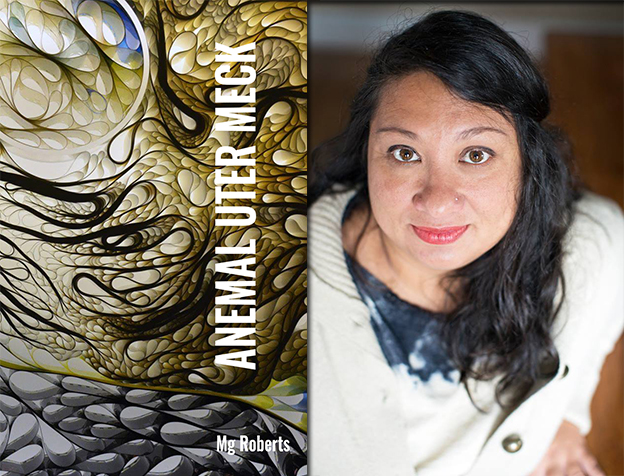LISTEN TO THE SHOW
Simone White, Kyoo Lee, and Gabriel Ojeda-Sague joined Al Filreis to discuss a passage from Claudia Rankine’s Don’t Let Me Be Lonely: An American Lyric. The discussion follows Rankine's extrordinarily synthesis of various huge issues: illness and death, memory loss and the misery of forgetting, the ubiquitous frame-setting of television, incarceration, police violence, useful and useless language, antidepressants, and the poem as a social assertion of “here.”







